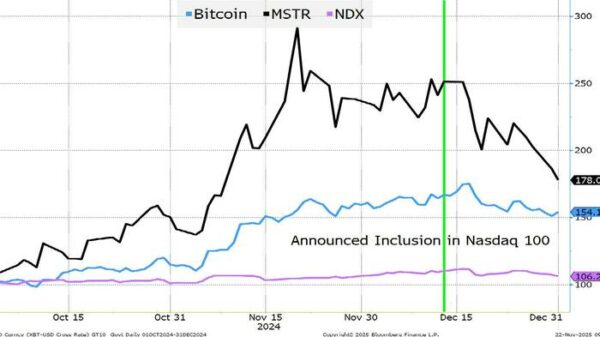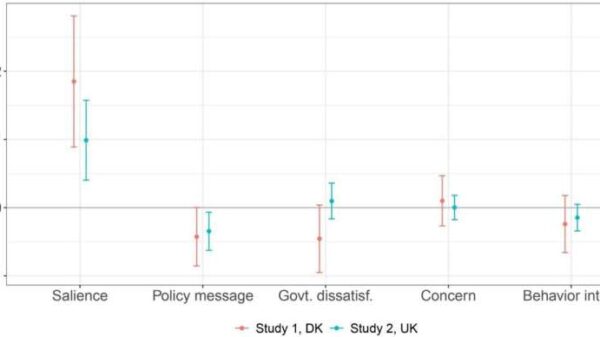UPDATE: Malaysia has just announced a groundbreaking plan to ban children under the age of 16 from using social media, set to take effect in 2024. This decision aligns closely with Australia’s impending ban, which will deactivate hundreds of thousands of child accounts on December 10, 2023.
Communications Minister Fahmi Fadzil confirmed the initiative on Sunday during a seminar focused on cyber scam awareness in Kuala Lumpur. The Malaysian government is closely watching how Australia enforces its ban and may adopt similar measures. Fadzil indicated that platforms such as Instagram, Snapchat, and TikTok could be required to implement age verification processes, utilizing a system called eKYC (electronic Know Your Customer). This method would involve confirming user identities with government-issued documents and biometric data.
“We expect all platforms to implement this by next year,” Fadzil stated, emphasizing the urgency of protecting children in Malaysia, which has approximately 8 million children under 16.
This bold move reflects growing concerns over the harmful effects of social media on young users. The Malaysian government is joining Australia and Denmark, emerging as one of the first nations to take such significant action. While the official timeline and mechanics of the ban remain unclear, the urgency for reform is apparent, as experts warn of risks associated with social media exposure.
The Malaysian Communications and Multimedia Commission has not yet commented on the specifics of the ban, nor has the Ministry of Communications responded to inquiries. However, Prime Minister Anwar Ibrahim pointed to troubling incidents, including a recent crime involving a 16-year-old girl that he attributed, in part, to social media influences.
Critics of the ban argue that social media can foster positive connections for children, but the government insists that the measures are necessary to combat scams, cyberbullying, and sexual offenses against minors. Moreover, in January, officials announced that social media and online messaging platforms would no longer be exempt from licensing requirements in Malaysia, a move aimed at tightening regulations in the digital landscape.
As Malaysia prepares to take this unprecedented step, all eyes will be on its implementation and the potential ripple effects on child safety in the digital era. What will happen next is critical: stakeholders, parents, and social media companies must all navigate this evolving landscape as the ban approaches.
Stay tuned for more updates on this developing story as Malaysia positions itself at the forefront of global digital safety initiatives. This policy could reshape the social media environment for millions of children and families across the nation.




































































